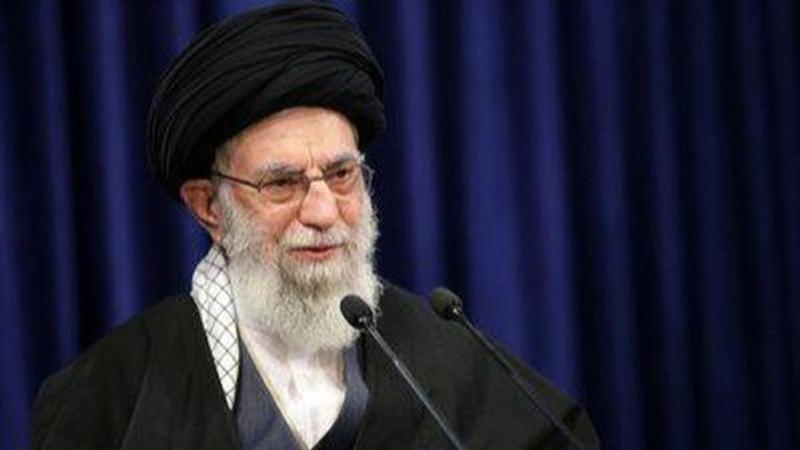Published 11:51 IST, December 8th 2022
Iran's Supreme Leader's sister criticises his rule; 'Hope to see victory of people'
Sister of Iran's Supreme Leader Ayatollah Ali Khamenei has expressed her support for the protests which broke out after the death of a 22-year-old woman.

The sister of Iran's Supreme Leader Ayatollah Ali Khamenei has expressed her support for the protests which broke out in Iran after the death of 22-year-old Mahsa Amini, as per a report from RFI. The 22-year-old woman died in the custody of the "morality" police for wearing her hijab "improperly".
The movement which started out as anti-hijab protests and turned into an anti-regime protest is the most significant social movement Iran is witnessing since the Islamic revolution, which resulted in the ouster of Iran's Shah of the Pahlavi dynasty.
Badri Hosseini Khamenei reportedly criticised the entire clerical establishment, from the leader of the Islamic revolution Ayatollah Ruhollah Khomeini to her brother Ayatollah Ali Khamenei. She apparently lives in Iran.
A letter from her reads, "I think it is appropriate now to declare that I oppose my brother's actions and I express my sympathy with all mothers mourning the crimes of the Islamic Republic, from the time of Khomeini to the current era of the despotic caliphate of Ali Khamenei." She advised the Revolutionary Guards to lay down their weapons "before it is too late".
Iran's former president expresses support for the protests
Iran's former president Mohammad Khatami also expressed support for the protestors. Khatami was Iran's president from 1997 to 2005. He said that freedom and security should not be presented as opposite to one another. Khatami was disliked by the hardliners and he was reportedly barred from appearing in the media after mass protests in 2009. The mass protests in 2009 were triggered by the election of Mahmoud Ahmadinejad.
During his time in office, Khatami implemented a number of policies aimed at modernizing and liberalizing Iran's economy. He worked to reduce inflation, improve the business environment, and to encourage foreign investment. He also implemented measures to reduce corruption and to improve the transparency of government.
In terms of social and political reforms, Khatami sought to promote greater freedom of expression and assembly. He allowed for the establishment of new independent media outlets, and he relaxed censorship laws. He also worked to improve the rights of women and minorities and to promote greater cultural and religious tolerance.
Khatami faced significant opposition from hardline elements within the government and the clergy. Many of his reformist policies were blocked or reversed, and he was ultimately unable to achieve many of his goals. However, his tenure as President did mark a significant shift in the direction of Iran, and he is widely credited with laying the groundwork for further reform in the country.
Updated 11:53 IST, December 8th 2022




